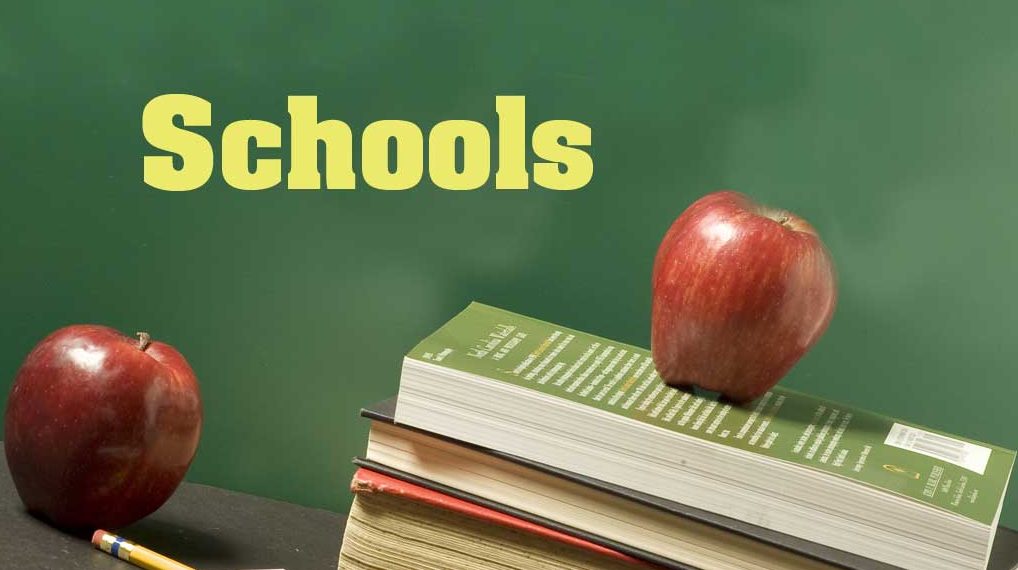I write in support of the candidacy of Paul Johnson, Karen Lemon and Bill Hare to the Princeton Board of Education. The slate has made a commitment to walk the walk on the chronic academic achievement gap in our schools. Public schools can’t be blamed, after almost 20 years of trying and hardly making any progress. We are coming around to the idea that change requires much more than academics. We need to address the social and economic disparities in which children are born.
But what is clear is that the process of implementing solutions starts in the schools.
We use standardized tests to monitor progress on narrowing the gap, and to measure teacher performance. We also use test scores to decide students’ academic and professional destinies, and socioeconomic status. The high stakes create incentives to “cheat” in ways that are both obvious and less so. Wealthy students get extra coaching to maximize their scores. Teachers “teach to the test” to the detriment of students real learning. Schools relegate academically challenged students into special education and other remedial tracks, with unintended and counterproductive consequences.
Standardized tests have been blamed for hurting the quality of public education and criticized as invalid and unreliable metrics of student achievement because of their strong correlation to socioeconomic status. More colleges are no longer requiring SAT/ACT scores. Because of the pandemic, the U.S. Department of Education has granted blanket waivers of all federally-required tests to all 50 states for the 2020-21 school year. New Jersey cancelled the state’s tests for the 2019-20 year and may do so for the current year. This crisis may force the education establishment to come up with alternative metrics of student and teacher performance. But, however we measure it, we can’t make it go away.
McKinsey & Company has warned that the COVID-19 crisis will magnify the gap among Black, Hispanic and economically disadvantaged students, already running 2-3 years behind. Princeton schools are on the right track trying to get the more disadvantaged students back to the classrooms first, and providing internet connectivity and an electronic device to every student, but the deployment of these resources is still experiencing delays and glitches. However, these students need more resources, more instructional time, more one-on-one tutoring and full-time summer school to catch up. The stakes are very high as a matter of social cohesion and economic sustainability. McKinsey estimates the cost of the achievement gap is 2-5% of our annual GDP, or hundreds of billions of dollars, yet we spend more than any other country in educating our children.
The diverse slate of Paul Johnson, Karen Lemon and Bill Hare brings an impressive combination of skills, commitment, vision and empathy that would clearly enhance the existing board. They understand and deeply care for the needs of our most vulnerable students, without losing sight of the fiscal challenges facing the district. I urge Princetonians to not sit out this contested election and vote for these three outstanding candidates.
Maria Juega
Princeton

